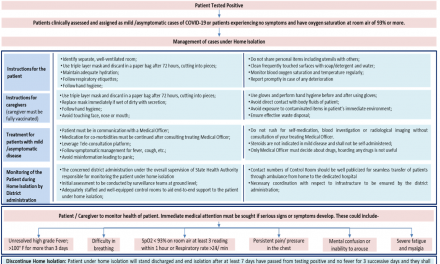In her compelling new book Out of Her Mind: How We Are Failing Women’s Mental Health and What Must Change, psychiatrist Linda Gask takes a deep dive into the persistent biases and societal pressures that continue to harm women’s mental health. Her work exposes how deep-seated misconceptions about women’s emotional and psychological well-being, which date back to Sigmund Freud’s theories in the 1890s, still influence how women are treated in the mental health system today.
Freud famously argued that women’s symptoms of ‘neurosis’ and ‘hysteria’ were not caused by trauma, such as sexual abuse or physical violence, but by their own “desire to be seduced.” This misguided belief led to the dismissal of women’s mental health needs and continues to be reflected in contemporary attitudes towards women’s psychological struggles. Gask notes that even now, symptoms of trauma, particularly PTSD, are often downplayed or misunderstood by health professionals. Women are frequently seen as exaggerating their symptoms or being overly emotional, which leads to misdiagnosis, inadequate care, and, in some cases, loss of life.
Gask’s critique is both historical and urgent, exposing how women have been consistently marginalized in health care systems. She reveals the various forms of mental health challenges that women face, from eating disorders and maternal mental illnesses to menopause and age-related dementia. Central to her argument is the misconception that women’s pain is less valid or deserving of serious attention. “Doctors and nurses hope women will just shut up and go away,” Gask writes, highlighting the systemic neglect that leads to poor health outcomes and significant societal costs.
A major component of Gask’s work is her exploration of the societal expectations placed on women from an early age. These pressures, particularly around beauty standards and caretaking roles, can have lasting effects on young women’s mental health. Gask recounts the story of one young woman who, after her brother’s mental health diagnosis, was expected to manage the emotional and domestic needs of the family while also suppressing her own distress. Such responsibilities, Gask argues, can lead to anxiety and emotional burnout, especially when women’s needs are treated as secondary to the needs of others.
Additionally, Gask tackles the heavy psychological burdens associated with pregnancy, fertility, and motherhood. While reproductive health issues are often commercialized—through practices like IVF and egg freezing—Gask stresses the emotional and physical toll they exact on women. Post-partum depression, which remains deeply stigmatized, is a particularly glaring example of how society fails to support mothers. Tragically, suicide remains the leading cause of death among women during the perinatal period, and mental illnesses in new mothers are often dismissed or under-treated.
Another crucial area that Gask addresses is the misapplication of the diagnosis of borderline personality disorder (BPD). She argues that this label is often applied to women who have experienced trauma, such as sexual abuse or coercive relationships, but whose symptoms are more reflective of the harm they’ve endured rather than a permanent personality flaw. Instead of labeling women with BPD, Gask calls for a more compassionate approach that listens to their experiences and supports their healing journey.
Gask’s book also sheds light on the intersectional disadvantages faced by women of color. Black women, in particular, face higher rates of PTSD and depression compared to their white counterparts, yet they are less likely to receive appropriate care. Microaggressions and systemic racism, Gask argues, take an emotional toll that compounds the challenges already faced by these women. The book emphasizes the importance of removing biases from medical practice and ensuring that health systems are designed to be culturally sensitive and inclusive.
With Out of Her Mind, Gask not only critiques the current state of women’s mental health but also offers a roadmap for change. She calls for a healthcare system that prioritizes women’s needs, takes into account the diverse experiences of women—especially those from marginalized groups—and listens to the voices of those who have been most affected by these biases. Gask advocates for an intersectional, patient-centric approach to care, with a focus on prevention, early intervention, and comprehensive support systems for women.
As mental health awareness continues to grow and society begins to recognize the long-standing inequities in healthcare, Gask’s work stands out as a call to action. She urges researchers, healthcare providers, and policymakers to invest in mental health services that are inclusive, empathetic, and responsive to the unique needs of women. Her work is a powerful reminder of the importance of dismantling the biases that have historically harmed women’s mental health and the necessity of fostering a healthcare system that is truly equitable.
Out of Her Mind is not only an essential read for those working in the health sector but also for anyone interested in creating a more just, inclusive, and compassionate society. As Gask’s book clearly demonstrates, the mental health of women—and of all people—depends on our ability to confront these deeply rooted biases and work toward a future where care is truly accessible to everyone, regardless of gender, race, or background.












